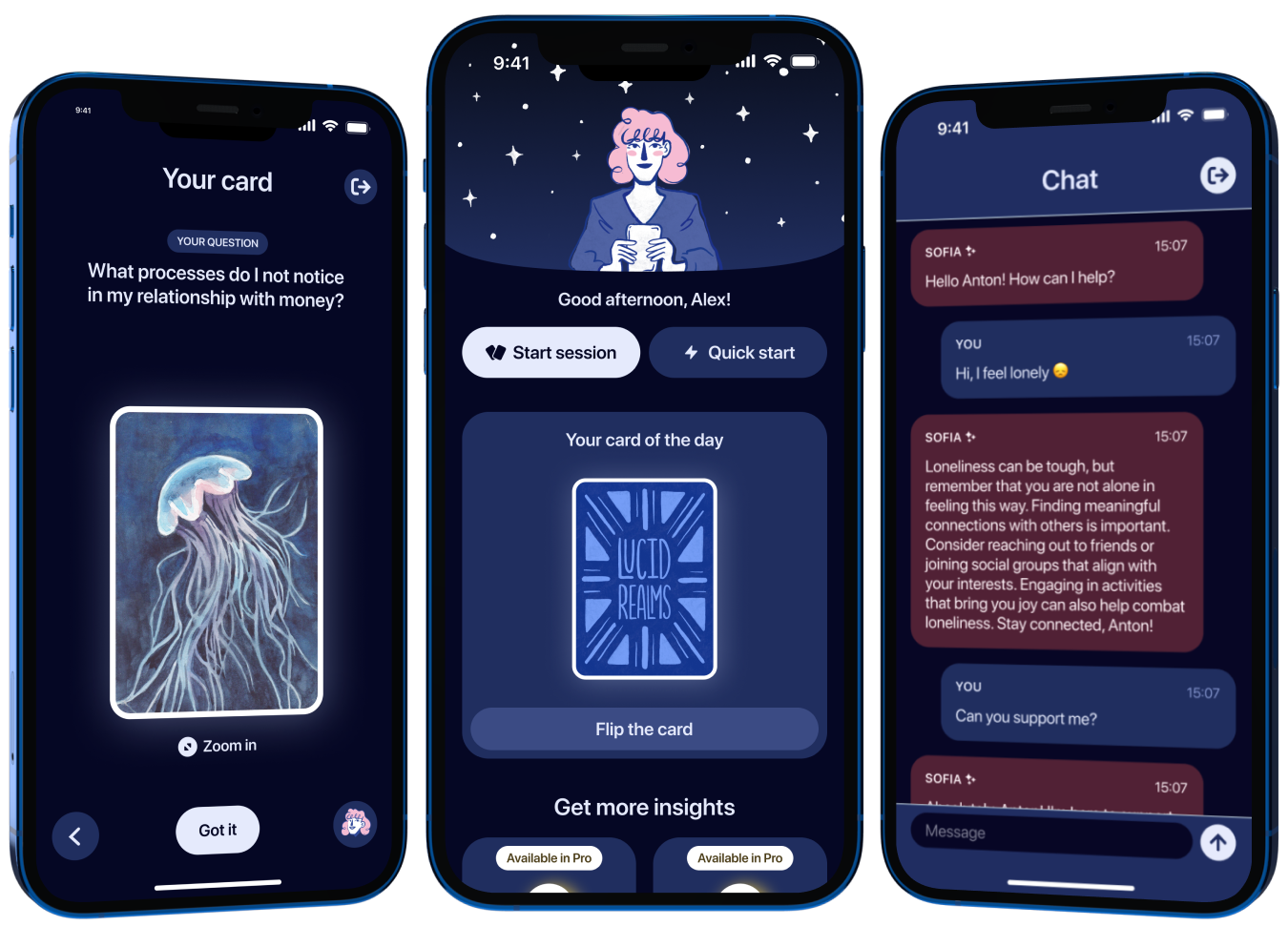We use cookies to give you a tasty experience!
Cookie Settings
We use cookies and data to:
Deliver an excellent service
Track outages and issues
Protect against spam, fraud and abuse
Measure site statistics to enhance the quality of our services
By continuing to browse our site, you’re agreeing to our use of cookies.
Deliver an excellent service
Track outages and issues
Protect against spam, fraud and abuse
Measure site statistics to enhance the quality of our services
By continuing to browse our site, you’re agreeing to our use of cookies.
The Evolution of Personality Typing and the Rise of Socionics
Attempts to type people's personalities arose long ago. However, early systems were simplistic and did not account for individuals' unique traits. Some percentage of people fit into these neat categories, but it was a small minority. There was a need for a typology that could stand the test of time, be validated by research, and apply meaningfully to ordinary people.
In the early 20th century, Swiss psychiatrist Carl Jung presented his observations in "Psychological Types." Jung found people tended towards either extraversion - an outward orientation to the external world - or introversion - an inward focus on their inner world. Combining this with differences in four key psychological functions, Jung outlined eight personality types.
In the 1970s, Lithuanian researcher Ausra Augustinaviciute built on Jung's types by adding the dimensions of rationality and irrationality. She realized that differences in how people process information leads to easier communication between some types than others. This resulted in 16 types and gave rise to socionics - the study of psychological types and intertype relations.
Today, socionics continues evolving by integrating new ideas about personality. It allows determining not just someone's type, but their individuality - as unique as a DNA profile.
Among existing methods, socionics enables quick and accurate identification of someone's traits and type. It also facilitates understanding relationships within groups without lengthy testing.
Socionics has diverse applications. Psychologists can utilize it as a diagnostic tool and addition to their knowledge. Managers can select suitable job candidates from a large pool. Doctors can make more accurate diagnoses for patients. And people can understand each other faster than they might otherwise.
A key area socionics illuminates is relationships between types, whether in families, work teams, companies, or professional groups. It offers insights on compatibility, conflict resolution, and creating positive dynamics.
Socionics can provide particular value in understanding family relationships between spouses, parents and children, and siblings. Determining family members' socionics types can reveal sources of conflict, as well as strengths that complement and balance each other. Parents can gain insight into their children's needs and motivations at different ages. Spouses may discover new ways to support each other based on their differing traits. Siblings can appreciate how their personalities shaped their common upbringing. In these ways, socionics offers a practical framework for cultivating loving family bonds and making the most of each person's unique contributions.
Most importantly, socionics assists self-understanding - discovering one's individuality, talents, and direction in life. A talented person is talented in everything! With socionics' aid, people can unlock their abilities and thrive.
In the early 20th century, Swiss psychiatrist Carl Jung presented his observations in "Psychological Types." Jung found people tended towards either extraversion - an outward orientation to the external world - or introversion - an inward focus on their inner world. Combining this with differences in four key psychological functions, Jung outlined eight personality types.
In the 1970s, Lithuanian researcher Ausra Augustinaviciute built on Jung's types by adding the dimensions of rationality and irrationality. She realized that differences in how people process information leads to easier communication between some types than others. This resulted in 16 types and gave rise to socionics - the study of psychological types and intertype relations.
Today, socionics continues evolving by integrating new ideas about personality. It allows determining not just someone's type, but their individuality - as unique as a DNA profile.
Among existing methods, socionics enables quick and accurate identification of someone's traits and type. It also facilitates understanding relationships within groups without lengthy testing.
Socionics has diverse applications. Psychologists can utilize it as a diagnostic tool and addition to their knowledge. Managers can select suitable job candidates from a large pool. Doctors can make more accurate diagnoses for patients. And people can understand each other faster than they might otherwise.
A key area socionics illuminates is relationships between types, whether in families, work teams, companies, or professional groups. It offers insights on compatibility, conflict resolution, and creating positive dynamics.
Socionics can provide particular value in understanding family relationships between spouses, parents and children, and siblings. Determining family members' socionics types can reveal sources of conflict, as well as strengths that complement and balance each other. Parents can gain insight into their children's needs and motivations at different ages. Spouses may discover new ways to support each other based on their differing traits. Siblings can appreciate how their personalities shaped their common upbringing. In these ways, socionics offers a practical framework for cultivating loving family bonds and making the most of each person's unique contributions.
Most importantly, socionics assists self-understanding - discovering one's individuality, talents, and direction in life. A talented person is talented in everything! With socionics' aid, people can unlock their abilities and thrive.





